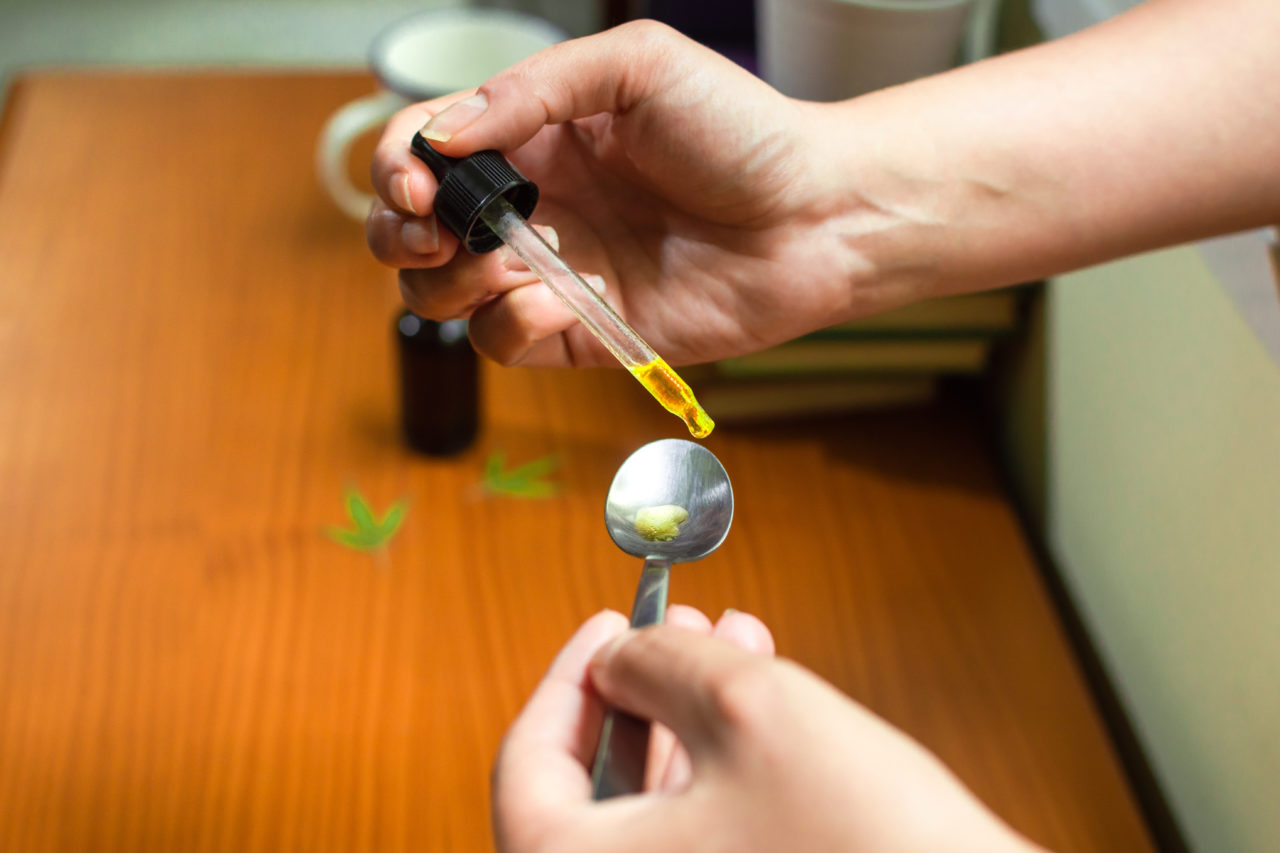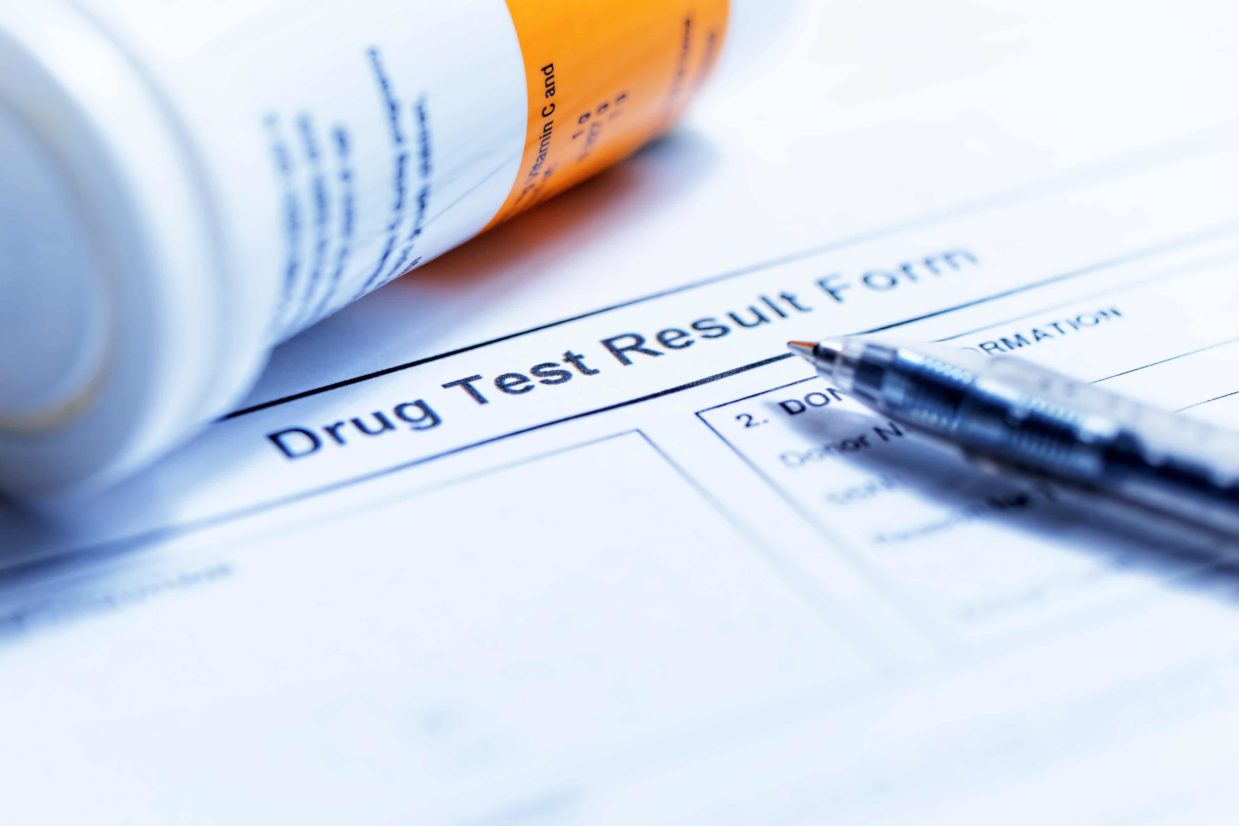State lawmakers did the right thing when they approved the Limited Medical Provider (LMP) program in 2021. Now that the program is finally up and running, Utah patients can obtain their initial medical cannabis cards by visiting with an LMP rather than a Qualified Medical Provider (QMP). But is it better to visit with a QMP or an LMP?
Truth be told, a case can be made for both options. It is not for anyone but patients and their medical providers to decide. Nonetheless, it never hurts to have discussion on such matters.
The Main Differences
Both QMPs and LMPs are licensed medical providers with prescribing authority in the state. They can be doctors, nurse practitioners, physician assistants, and podiatrists. As far as what makes QMPs and LMPs different, there are two things to consider from a legal standpoint:
- Registration – Approved QMPs have registered with the state. But in order to register, they must complete a 4-hour training course. They must also pay a registration fee, both initially and at annual renewal time. LMPs do not have to register or undergo the additional training.
- Patient Limits – QMPs can normally recommend medical cannabis to up to 275 patients at any given time. That number can be increased to six hundred under certain circumstances. By comparison, LMPs can only recommend to a maximum of fifteen patients.
Lawmakers implemented the LMP program in order to improve access to medical cannabis among patients who live in rural parts of Utah, to lower costs for patients, and to encourage primary care providers are the one to recommend cannabis. If nothing else, the program does accomplish that much. A patient living 60 or 75 miles away from a major urban center can now ask their local medical provider for a recommendation.
More Education and Experience
One factor in favor of seeing a QMP is the possibility that a state-certified provider has more education and experience. As the thinking goes, QMPs are more likely to voluntarily research medical cannabis and educate themselves about its health benefits. The obligation for QMPs to recommend medical cannabis options to hundreds of patients is motivation to stay up to date on all things cannabis-related.
Understand that this is just assumed. There is no data confirming that QMPs take it upon themselves to be more informed. The best we can say is that they have undergone the additional four hours of training that state certification requires.
Convenience Is a Factor
On the LMP side of things, we cannot discount the convenience factor. Utah medical cannabis patients are no different than anyone else. They will go with the most convenient option when possible. Often LMPs are able to bill insurance so they may be much less expensive compared to QMPs. And if you live an hour or more away from an urban center, visiting with an LMP is certainly more convenient than hopping in the car and driving for an hour or so.
The other thing to remember is that medical cannabis pharmacies in the state of Utah must employ Pharmacy Medical Providers (PMP). These are formally educated and state-licensed pharmacists with prescribing authority in Utah. Like QMPs, they must submit to a four-hour training course and register with the state.
In a general sense, pharmacists are much more familiar with medications and how they work compared to doctors, nurse practitioners, etc. The same principle holds true in the medical cannabis environment. So even if an LMP chooses not to voluntarily self-educate, at least your PMP has the knowledge and education to help you figure out how to best use medical cannabis to treat your condition.
Is it better to see a QMP than an LMP? That is up to you. There is no right or wrong answer.


